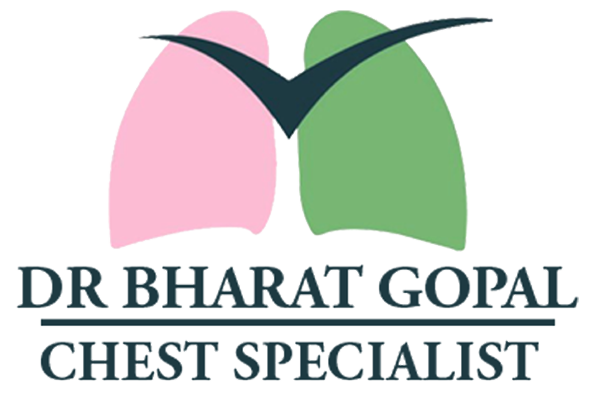Exploring the World of Sleep Labs: Unveiling the Secrets of Restful Nights.
In the pursuit of overall well-being, the quality of sleep plays a pivotal role. For those grappling with sleep disorders or seeking a comprehensive analysis of their sleep patterns, sleep labs stand as specialized sanctuaries dedicated to unraveling the mysteries of the night. This article delves into the world of sleep labs, examining their purpose, the diagnostic techniques employed, and the crucial role they play in promoting healthy sleep.
To Know More About It please Click Here
The Purpose of Sleep Labs
- Diagnosing Sleep Disorders: Sleep labs, also known as polysomnography (PSG) facilities, are designed to diagnose various sleep disorders. These disorders may include sleep apnea, insomnia, narcolepsy, restless legs syndrome, and parasomnias, among others.
- Comprehensive Sleep Studies: Sleep labs offer comprehensive sleep studies that involve monitoring various physiological parameters during sleep. These parameters may include brain activity, eye movement, heart rate, respiratory effort, oxygen saturation, and limb movements.
Diagnostic Techniques Employed
- Polysomnography (PSG): PSG is the gold standard for sleep monitoring. It involves attaching electrodes to the patient’s scalp, face, chest, and limbs to measure brain waves, eye movements, heart rate, and muscle activity. Additionally, belts or sensors may be used to monitor respiratory effort and airflow.
- Actigraphy: Actigraphy is a non-invasive method that involves wearing a small device on the wrist to monitor sleep patterns. It records movement and light exposure, providing valuable data on sleep-wake cycles.
- Home Sleep Apnea Testing (HSAT): In some cases, sleep labs may offer home sleep apnea testing, allowing patients to undergo a simplified version of sleep monitoring in the comfort of their own homes.
The Sleep Lab Experience
- Comfortable Environment: Sleep labs are designed to create a comfortable and relaxing atmosphere that mimics a home-like setting. This environment aims to encourage patients to sleep naturally, allowing for accurate data collection.
- Monitoring by Technologists: Sleep studies are conducted by trained sleep technologists who monitor the data in real time. They ensure the accuracy of the recordings and make adjustments as needed throughout the night.
- Data Analysis and Reporting: Following the sleep study, the recorded data is meticulously analyzed by sleep specialists. The findings are then compiled into a detailed report that outlines sleep patterns, disturbances, and any potential sleep disorders.
The Importance of Sleep Lab Diagnostics
- Precision in Diagnosis: Sleep labs provide precise and comprehensive data that aid in the accurate diagnosis of various sleep disorders. This precision allows healthcare professionals to tailor treatment plans to the specific needs of the individual.
- Treatment Planning: The information gathered in sleep labs assists in the development of personalized treatment strategies. Depending on the diagnosis, treatment options may include lifestyle modifications, behavioral therapy, the use of continuous positive airway pressure (CPAP) devices, or medications.
- Improving Quality of Life: By addressing and treating sleep disorders, sleep labs contribute significantly to improving the overall quality of life for individuals. Restful and rejuvenating sleep is paramount for physical health, mental well-being, and optimal daily functioning.
To Know More About It please Click Here
Conclusion
Sleep labs stand at the forefront of unraveling the intricacies of sleep, providing invaluable insights into the realm of rest and restoration. As these facilities continue to advance in technology and methodologies, they play a crucial role in enhancing our understanding of sleep disorders and promoting healthier sleep habits. The journey through a sleep lab not only leads to a better night’s sleep but also serves as a gateway to a more vibrant and energized waking life.








